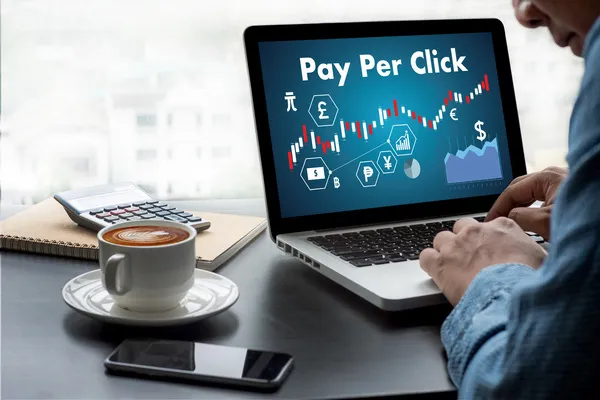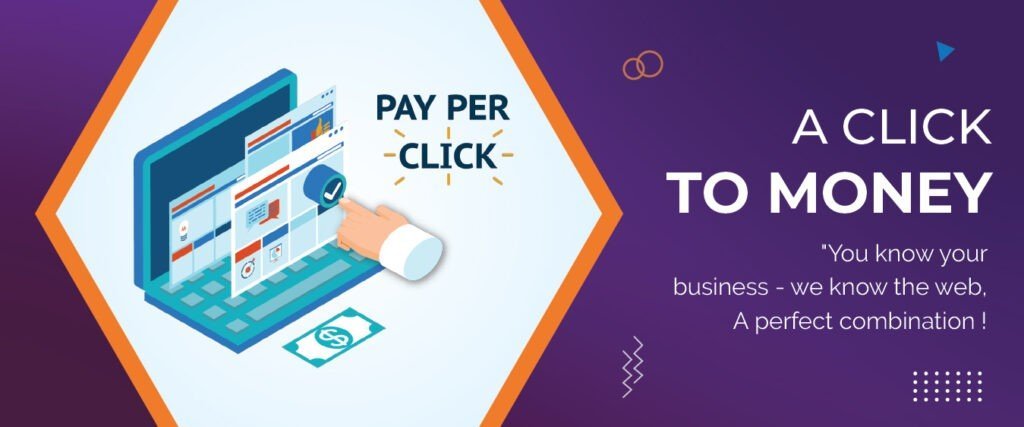Contents
- 1 Introduction
- 2 What is Pay-Per-Click Advertising?
- 3 How Does PPC Work?
- 4 The Keyword Connection
- 5 The Auction System
- 6 Ad Creatives and Landing Pages
- 7 Key Metrics and Performance Indicators
- 8 Setting Up Your First PPC Campaign
- 9 Tips for PPC Success
- 10 Pros & Cons of PPC Advertising
- 11 FAQs
- 11.1 How much should I budget for PPC advertising as a beginner?
- 11.2 Can small businesses benefit from PPC advertising?
- 11.3 Which platforms can I advertise on with PPC?
- 11.4 How long does it take to see results with PPC advertising?
- 11.5 Are there any tools or resources to help beginners with PPC advertising?
- 12 Conclusion
Introduction
Pay-Per-Click (PPC) advertising is a powerful digital marketing strategy that can help businesses of all sizes reach their target audience and drive valuable traffic to their websites. For beginners, understanding the basics of PPC advertising can be a game-changer. In this comprehensive guide, we’ll delve into the world of PPC advertising, providing you with valuable insights, pros and cons, facts, and figures to help you kickstart your PPC journey with confidence.
What is Pay-Per-Click Advertising?
Pay-Per-Click (PPC) advertising is a digital marketing model where advertisers pay a fee each time their ad is clicked by a user. It’s a way to buy visits to your website rather than earning them organically. PPC ads can appear on search engines like Google, social media platforms like Facebook, and other websites. It’s a highly targeted advertising method that allows you to reach potential customers when they are actively searching for products or services related to your business.
How Does PPC Work?
- Advertisers bid on specific keywords related to their business.
- Advertisers create compelling ad copy and design.
- When a user searches for a keyword, the search engine displays relevant ads.
- Advertisers pay only when users click on their ads.
- Landing pages are crucial for converting clicks into leads or sales.
The Keyword Connection
At the heart of PPC advertising lies the keyword. Keywords are the words or phrases that users enter into search engines when they are looking for information, products, or services. Advertisers bid on these keywords to ensure that their ads appear when users search for those specific terms.
The Auction System
PPC advertising operates on an auction system, where advertisers compete for ad placement. The bid amount represents how much an advertiser is willing to pay for a click on their ad. However, it’s not just about the highest bid. Search engines also consider the quality and relevance of your ad and landing page through a metric called Quality Score.
Ad Creatives and Landing Pages
Crafting compelling ad copy and designing visually appealing ad creatives are crucial elements of a successful PPC campaign. Equally important is the landing page – the webpage users are directed to after clicking your ad. Landing pages should be relevant, easy to navigate, and optimized for conversions.
Key Metrics and Performance Indicators
To measure the performance of your PPC campaigns, you’ll need to track key metrics and performance indicators:
- Click-Through Rate (CTR): This percentage represents the number of users who clicked on your ad after seeing it.
- Quality Score: A Google metric that assesses the quality of your ads and landing pages, affecting your ad’s position and cost.
- Conversion Rate: The percentage of clicks that result in desired actions, such as purchases, sign-ups, or inquiries.
- Cost-Per-Click (CPC): The amount you pay for each click on your ad.
- Return on Investment (ROI): A comprehensive measure of your campaign’s profitability.
Setting Up Your First PPC Campaign
As a beginner, the process of setting up your first PPC campaign may seem daunting, but it’s entirely achievable with the right guidance. Here are the basic steps to get you started:
- Keyword Research: Begin by conducting thorough keyword research to identify the terms and phrases relevant to your business.
- Ad Copy and Creatives: Craft compelling ad copy and design eye-catching creatives that resonate with your target audience.
- Landing Pages: Ensure that your landing pages are optimized for conversions and align with your ad’s messaging.
- Budget and Bidding: Set your budget and choose a bidding strategy that suits your goals, whether it’s maximizing clicks, impressions, or conversions.
- Launch and Monitor: Launch your campaign and closely monitor its performance. Be prepared to make adjustments as needed to improve results.

Boost Your Business with Precision! 🚀 Explore the Potential of Our PPC Campaign and Skyrocket Your Online Presence!
Tips for PPC Success
Achieving success in PPC advertising requires ongoing dedication and a commitment to optimization. Here are some valuable tips for beginners:
- Continuous Analysis: Regularly analyze your campaign data to identify trends, opportunities, and areas for improvement.
- Negative Keywords: Use negative keywords to filter out irrelevant traffic and ensure your budget is spent on the right audience.
- Ad Variations: Test different ad variations to discover what resonates best with your audience and continually refine your messaging.
- Ad Extensions: Make use of ad extensions to enhance your ads with additional information and encourage clicks.
- Remarketing: Implement remarketing campaigns to re-engage users who have previously interacted with your website.
- Stay Informed: Keep up to date with industry trends and changes in advertising platforms to stay competitive.
Pros & Cons of PPC Advertising
As you venture into PPC advertising, it’s essential to weigh the pros and cons carefully to make informed decisions about your marketing strategy.
| Pros | Cons |
|---|---|
| 1. Instant Visibility: Ads appear quickly. | 1. Cost: Competitive keywords can be expensive. |
| 2. Targeted Reach: Precise audience targeting. | 2. Ongoing Management: Requires constant attention. |
| 3. Measurable Results: Detailed ROI tracking. | 3. Learning Curve: Beginners may struggle. |
| 4. Budget Control: Set daily/monthly budgets. | 4. Ad Blindness: Users may ignore ads. |
| 5. Brand Exposure: Even non-clicks boost branding. | 5. Click Fraud: Risk of fraudulent clicks. |
| 6. A/B Testing: Optimize ad copy and landing pages. | 6. Ad Positioning: Lower positions get fewer clicks. |
FAQs
How much should I budget for PPC advertising as a beginner?
Start with a budget you’re comfortable with and gradually increase it as you gain confidence and see positive ROI.
Can small businesses benefit from PPC advertising?
Absolutely! PPC can be tailored to fit any budget, making it accessible and effective for small businesses.
Which platforms can I advertise on with PPC?
Popular PPC platforms include Google Ads, Bing Ads, Facebook Ads, and LinkedIn Ads, among others.
How long does it take to see results with PPC advertising?
Results can be seen quickly, but it may take some time to optimize your campaigns for the best results.
Are there any tools or resources to help beginners with PPC advertising?
Yes, there are many online resources, courses, and tools available to help beginners learn and succeed in PPC advertising.
Conclusion
- Pay-Per-Click advertising is a dynamic and effective marketing tool that, when used correctly, can yield remarkable results for businesses. It offers the advantage of instant visibility, precise targeting, and measurable ROI.
- However, it also requires ongoing management and a keen understanding of your target audience. By following best practices and keeping a close eye on your campaigns, you can harness the power of PPC advertising to drive growth and success.
- PPC advertising is a valuable tool that, when wielded wisely, can propel your business to new heights. By understanding the fundamentals, tracking key metrics, and staying committed to optimization, even beginners can unlock the potential of PPC to boost their online presence and achieve their marketing objectives.





